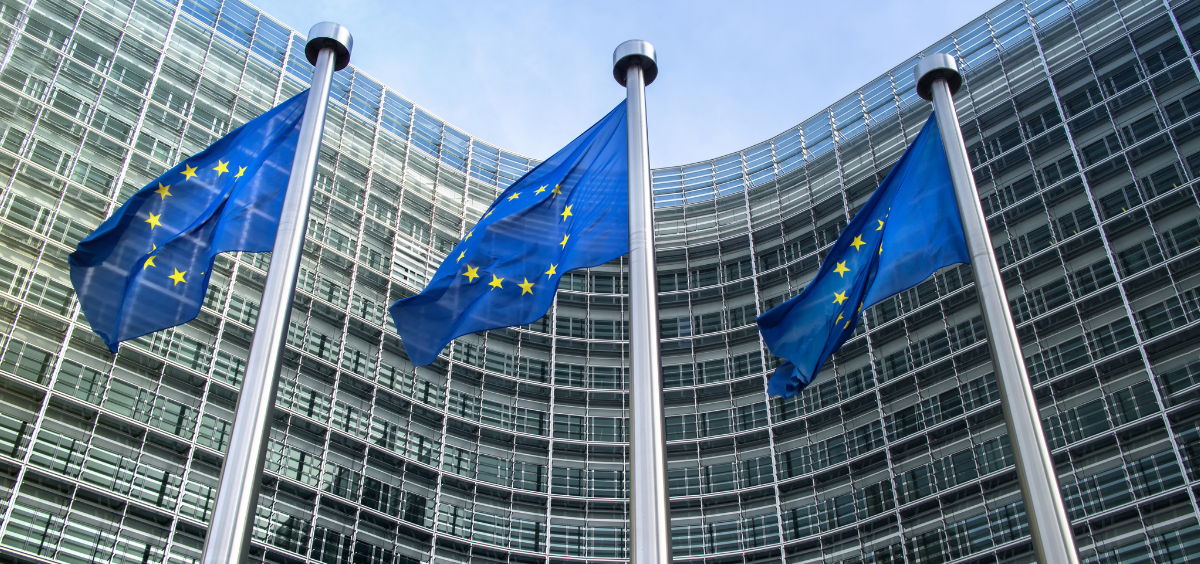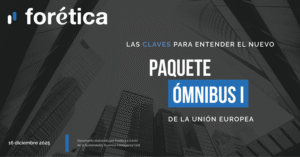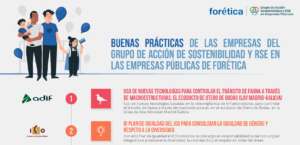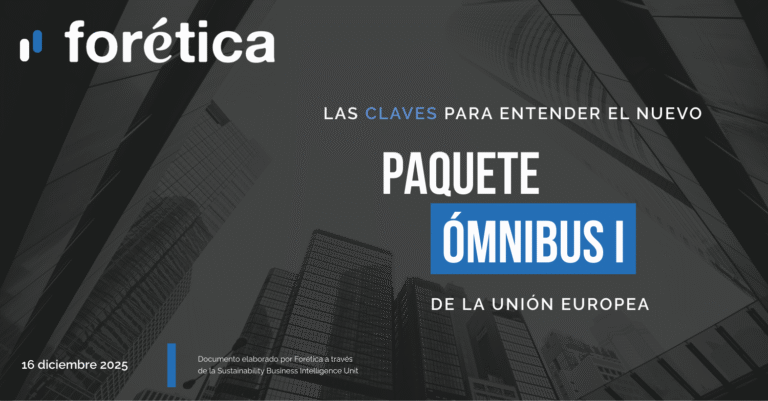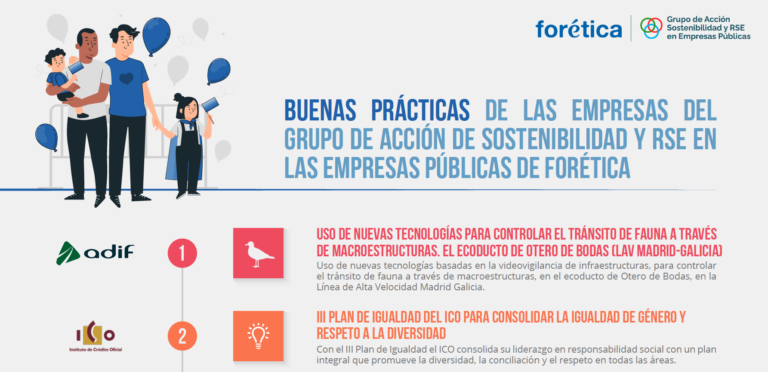La Unión Europea (UE) se encamina hacia la diligencia debida obligatoria en la cadena de suministro. El pasado 23 de febrero, la Comisión Europea adoptó la primera propuesta sobre dicho procedimiento en materia de sostenibilidad empresarial. El objetivo de esta Directiva es fomentar un comportamiento empresarial sostenible y responsable y anclar los derechos humanos y las consideraciones medioambientales en las operaciones y el gobierno corporativo de las empresas.
Algunos países, ya han puesto en marcha una serie de iniciativas de preparación en materia de due diligence o incluso tienen vigente dicho mecanismo.
Desarrollar un programa de diligencia debida desde cero o adaptar las políticas existentes a los cambios legislativos requiere construir relaciones, conocer la cadena de suministro y, sobre todo, tiempo. Sin embargo, hay ciertas medidas que las empresas pueden tomar de forma inmediata para estar preparadas.
Obligaciones derivadas de la Debida Diligencia
Esta Directiva establece un deber de debida diligencia a las empresas. Los elementos centrales de ésta son identificar, poner fin, prevenir, mitigar y dar cuenta de los impactos negativos sobre los derechos humanos y el medio ambiente en las propias operaciones de la empresa, sus subsidiarias y sus cadenas de valor. Además, ciertas grandes empresas necesitan tener un plan para garantizar que su estrategia comercial sea compatible con limitar el calentamiento global a 1,5 °C en línea con el Acuerdo de París. Los directores tienen incentivos para contribuir a los objetivos de sostenibilidad y mitigación del cambio climático.
La Directiva también introduce deberes para los directores de las empresas de la UE con dicha obligación. Estas funciones incluyen establecer y supervisar la implementación de los procesos de debida diligencia e integrar la debida diligencia en la estrategia corporativa. Además, al cumplir con su deber de actuar en el mejor interés de la empresa, los directores deben tener en cuenta las consecuencias de sus decisiones sobre los derechos humanos, el cambio climático y el medio ambiente.
Actores concernidos por la diligencia debida
Las sociedades que deberán rendir cuentas de dicho reporte son:
- Grandes sociedades de responsabilidad limitada de la UE:
-
-
- Grupo 1: +/- 9.400 empresas de más de 500 empleados y más de 150 millones de euros de facturación neta en todo el mundo.
- Grupo 2: +/- 3.400 empresas en sectores de alto impacto. Más de 250 empleados y una facturación neta de más de 40 millones de euros en todo el mundo, y operando en sectores definidos de alto impacto, productos textiles, agricultura, extracción de minerales. Para este grupo, las reglas comienzan a aplicarse dos años más tarde que para el grupo 1.
-
- Empresas fuera de la UE: +/- 2.600 empresas en el Grupo 1 y +/- 1.400 en el Grupo 2
- Empresas de terceros países activas en la UE con umbral de facturación alineado con el Grupo 1 y 2, generadas en la UE.
Las microempresas y las pymes no se ven afectadas por las normas propuestas. Sin embargo, la propuesta prevé medidas de apoyo para las PYME, que podrían verse indirectamente afectadas.
Prepararse para cumplir los requisitos de reporte
A pesar de la incertidumbre sobre los tiempos de aplicación en España de este nuevo requerimiento, hay medidas inmediatas que las empresas pueden tomar ahora para prepararse. La creación de relaciones cercanas con los proveedores permitirá cumplir una serie de premisas de diligencia debida, ya sea el análisis de riesgos, la participación de las partes interesadas o los canales de rendición de informes.
Los profesionales pueden empezar por comprender mejor a los agentes que intervienen en su cadena de suministro e identificar cuáles son sus respectivos riesgos sociales y medioambientales. Las empresas también buscan sentar las bases de un sistema de informes sólido en el que se incluyan los procesos de recogida de información de sus proveedores. Mediante una acción temprana, las organizaciones pueden preparar a sus socios comerciales para que proporcionen los datos necesarios en el momento en que los requisitos de diligencia debida sean legalmente vinculantes o se amplíe la legislación existente. La propuesta pasará al Parlamento Europeo y al Consejo para su aprobación. Una vez adoptada, los Estados miembros tendrán dos años para transponer la Directiva a la legislación nacional y comunicar los textos pertinentes a la Comisión. Es, por ello, recomendado a las empresas que estén en un futuro obligadas a implementar dicho mecanismo, un trabajo previo de análisis de riesgos con evaluación ambiental y social de los actores y socios comerciales involucrados en el negocio.

